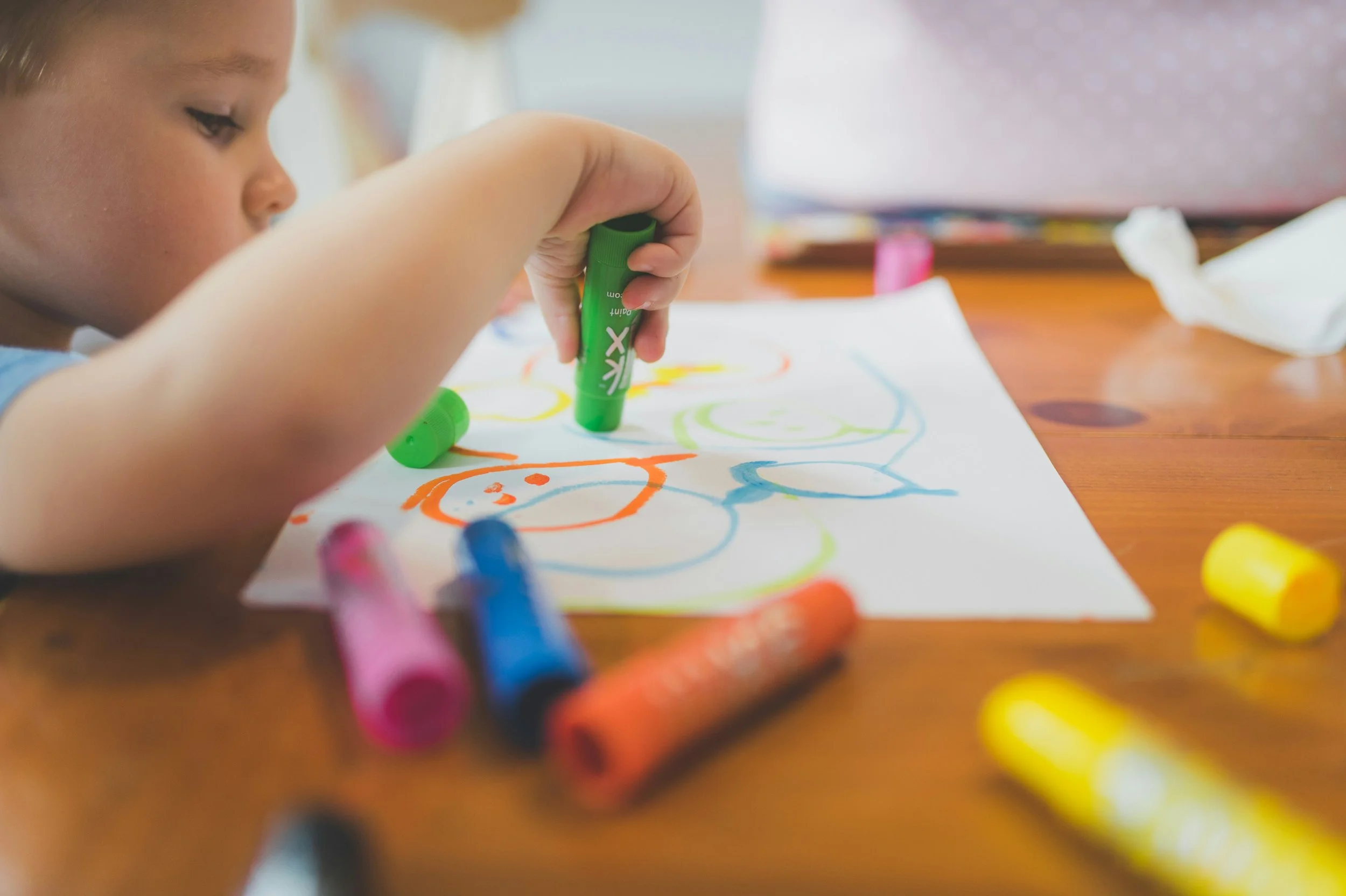Play Strategies for Healthy Child Development
Can Play Really Be Productive?
Absolutely. When your 5-year-old pretends to be a veterinarian or your toddler narrates their lunch like it’s a cooking show, they’re doing important work. Play looks different at every stage — from newborns enjoying eye contact and silly faces to preschoolers making up elaborate stories. Even simple interactions like smiling or responding to your baby’s sounds help shape their emotional and cognitive growth.
As kids get older, everyday routines offer plenty of playful learning moments. Talking through what you’re doing — whether it's folding laundry or planting herbs — turns ordinary activities into opportunities to connect and learn together.
Types of Play and Why They Matter
Physical Play
Running, jumping, dancing — all of these help build coordination, strength, and confidence. Like adults, kids benefit from movement to boost their mood and stay healthy.
Constructive Play
Building with blocks or crafting with clay isn’t just about creativity — it’s how kids learn about shapes, space, and cause-and-effect. These hands-on experiences support problem-solving, language, and fine motor development.
Pretend Play
From make-believe tea parties to superhero adventures, imaginative play gives kids a safe space to explore emotions, try out different roles, and stretch their creativity. It’s also a wonderful way for parents to bond and gently guide social skills.
What the Research Says
Experts agree: play is essential for healthy child development. Through play, children can:
Explore their identity and environment
Work through emotions
Practice new skills
Strengthen relationships
Build confidence and resilience
That’s why weaving playful moments into daily routines is so valuable — and why a little support from a coach or parenting program can make a big difference when you're feeling unsure.
Age-by-Age Play Ideas
There’s no one-size-fits-all approach to play, and that’s the beauty of it. Here are a few simple ideas to help guide your child’s development at every stage:
0–3 Months
Your baby might: Smile, coo, enjoy your voice and face
You can: Sing, read, talk to them about what you see and hear
4–7 Months
Your baby might: Mimic sounds, recognize familiar people, track moving objects
You can: Play peek-a-boo, dance together, describe what’s happening around you
8–12 Months
Your baby might: Initiate simple games, enjoy cause-and-effect toys
You can: Offer stacking toys, play "patty cake," make bath time a playful event
1–2 Years
Your toddler might: Start playing alone, explore pretend play, stack or sort items
You can: Encourage arts and crafts, introduce sorting games, offer pretend play toys
3–5 Years
Your preschooler might: Engage in group play, collaborate with others
You can: Try team activities like simple board games, cook together, do puzzles or build projects
When to Ask for Help
Not sure if you're "doing it right"? That’s completely normal. If play feels more like a chore or you’re noticing repetitive or confusing behavior during playtime, it might be helpful to connect with a parenting coach.
You might consider reaching out if:
You’re unsure how to encourage imaginative play
Your child’s play seems overly repetitive or withdrawn
You want fresh ideas for engaging with your child through play.
At Triplemoon, we’re here to support you with compassionate, expert-led guidance. Whether you’re looking for one-on-one coaching or exploring parenting courses online, our mission is to help you bring more ease and joy to parenting through the power of play.


